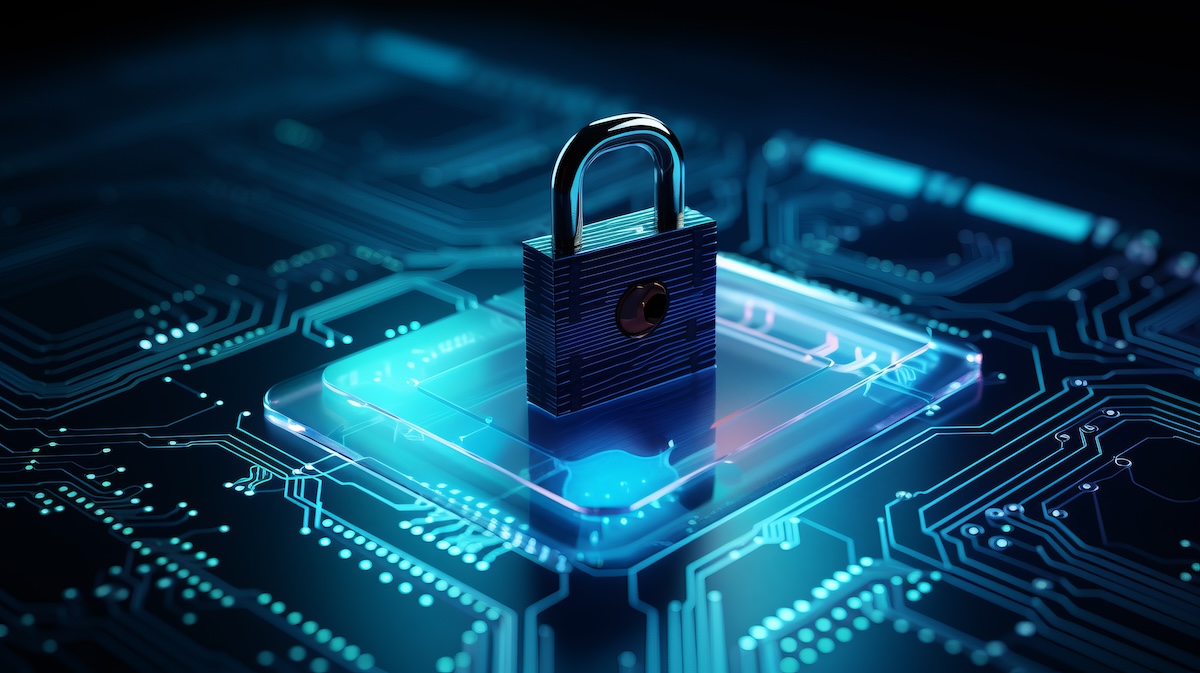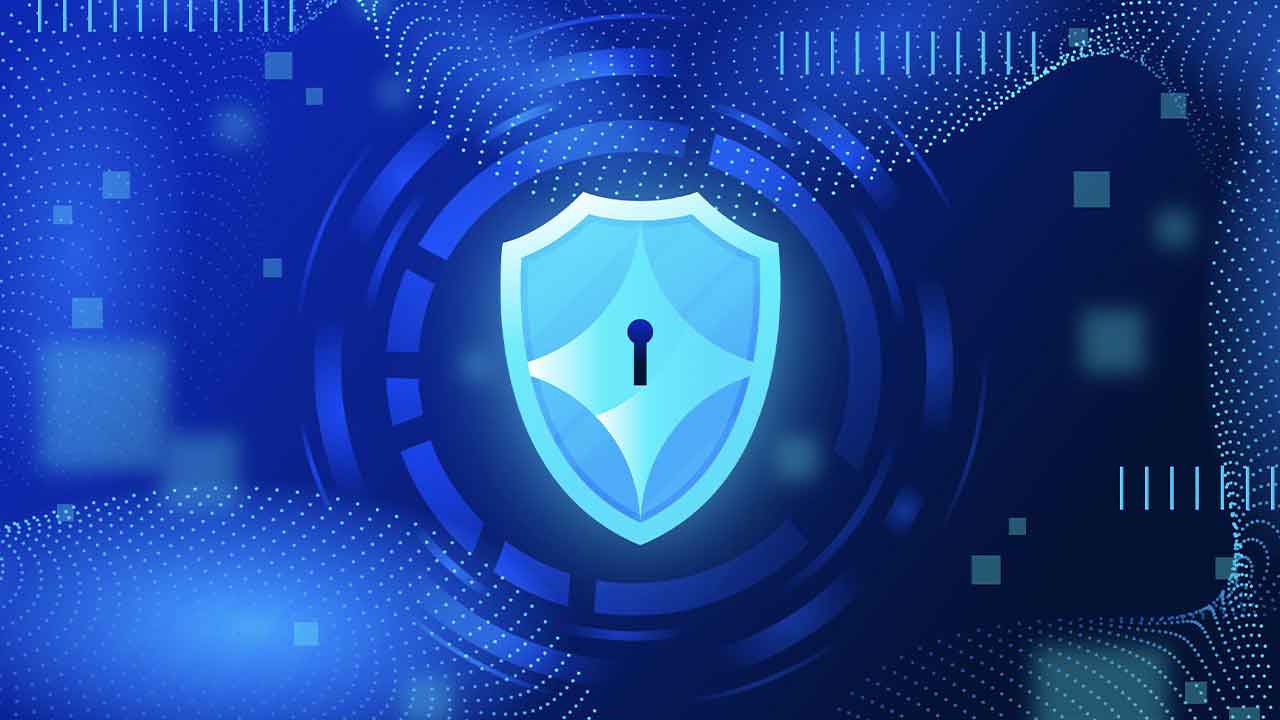Preparing ICS for Future Threats: Quantum-Resistant Security and Industry Standards
As the threat landscape rapidly evolves, industrial companies managing ICS environments must proactively strengthen their cybersecurity defenses. In addition to current regulations, emerging technologies like quantum computing will necessitate more advanced security protocols to prevent potential breaches. This article explores key future-proofing strategies, including quantum-resistant solutions, and essential standards to protect ICS environments.
The Need for Quantum-Resistant Cybersecurity in ICS
Quantum computing, while still emerging, presents a potential threat to current cryptographic standards. Traditional encryption algorithms may eventually be vulnerable to quantum attacks, making it critical for ICS environments to consider quantum-resistant measures today.
Steps to Prepare for Quantum-Resistant Cybersecurity:
- Implement Quantum-Resistant Certificates: Integrating post-quantum encryption solutions, such as quantum-resistant digital certificates, offers a safeguard against future threats. For instance, companies can secure device identities with cryptographic protocols that are resistant to quantum computing.
- Adopt Lifecycle Management Policies: Given the potential threat of quantum attacks, implementing policies for certificate revocation, renewal, and rotation is crucial. By regularly updating cryptographic credentials, organizations maintain security across a device’s lifecycle.
Proactive Security Through Identity Management and Secure Gateways
As more devices connect to ICS networks, each entry point introduces potential risks. Proper device identity management and the use of secure gateways are critical steps toward a more resilient cybersecurity posture:
- Comprehensive Device Authentication: Authenticating every device connecting to ICS environments helps verify their legitimacy and minimize security gaps. Identity-based security frameworks, such as those used in IT, are being tailored for OT environments to offer an added layer of protection.
- Gateways for Controlled Access: Secure gateways help control the flow of data and access points, ensuring only authenticated devices communicate within the ICS network. This reduces the likelihood of unauthorized access and protects critical infrastructure.
Aligning with ICS Cybersecurity Standards for Enhanced Protection
Implementing standards like IEC 62443 and IEEE 802.1AR is crucial for structuring a secure ICS environment. These standards provide actionable guidelines that help companies build robust security frameworks:
- IEC 62443: This framework is a comprehensive guide for creating secure ICS architectures, making it essential for industrial companies committed to best practices in cybersecurity.
- IEEE 802.1AR: This standard for device identity offers an initial identity (idev ID) and an operational identity (Lev ID) to support secure authentication and facilitate compliance with cybersecurity regulations.
Looking Ahead: Leveraging AI and Other Emerging Technologies
With advancements in AI and machine learning, industrial companies can enhance ICS security by automating repetitive tasks, such as monitoring for anomalies or scanning for vulnerabilities. AI also enables faster identification of zero-day vulnerabilities, making it a valuable tool in countering sophisticated threats.
Key Considerations:
- AI for Vulnerability Management: AI can process and analyze large datasets to identify potential security gaps quickly, helping teams respond proactively.
- Incorporate Quantum-Resistant Security Measures: By investing in quantum-resistant solutions today, organizations can future-proof their infrastructure against emerging threats.
As ICS environments grow more interconnected, the need for proactive security measures becomes critical. By adopting quantum-resistant encryption, implementing comprehensive identity management, and aligning with standards like IEC 62443, organizations can prepare for the next generation of cybersecurity threats. Future-proofing ICS infrastructure secures the organization and protects critical services and infrastructure.
This was created based on the video transcript of the “Regulatory Compliance and ICS Security” session at IIoT World ICS Cybersecurity Day in October 2024.
Related articles:



